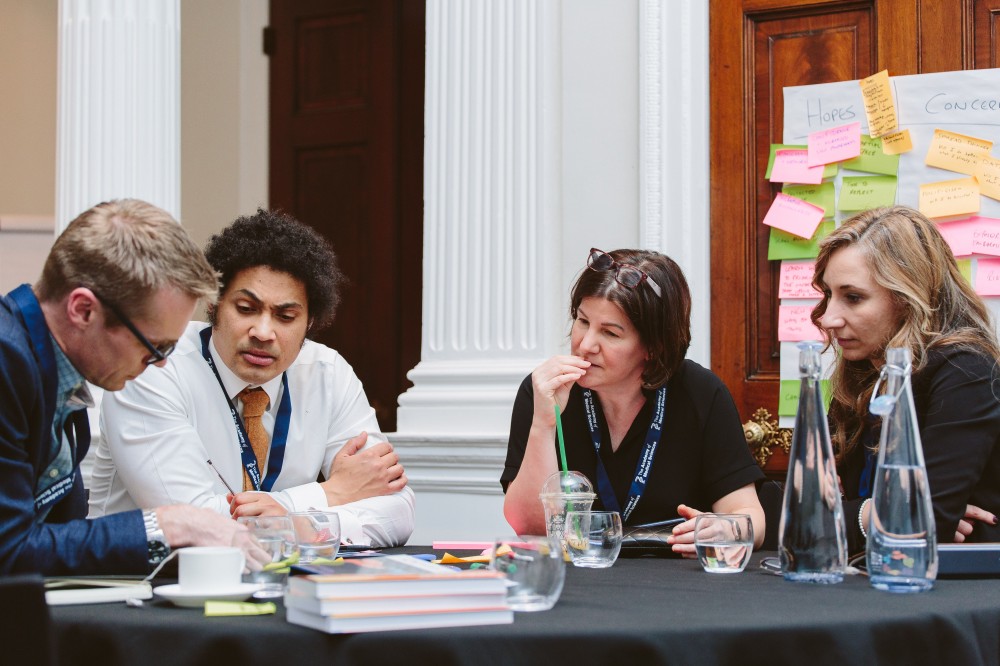Academy Vice-President Professor Paul Stewart FMedSci assesses what the next three years might bring for UK medical research careers.
It’s been just over four months since the UK reported its first death from Covid-19 on 6 March. Across the health system, across society and across the research system, it’s incredible what’s happened and the disruption that has been caused in such a short space of time.
However, some positives for our research sector have come out of this disruption. We’ve shown our flexibility and our resilience. From epidemiology, to diagnostics, to new therapies and the use of technologies, we’ve seen solutions emerge in real time.
We’re also seeing passionate commitment to increased R&D investment from the government and high profile of science and scientists in the media – all built upon high public trust in researchers.
But if we want UK research to continue to deliver on the trust and money invested in us, we must improve support for the people behind the science.
Last week the Academy held a virtual meeting bringing together 40 people from across biomedical research – funders, scientists, university heads, business leaders – to assess the upcoming impact of Covid on medical research careers.
People like Professor Jason Gill, part of the Academy’s FLIER cross-sector leadership programme. His work on healthier lifestyles, including a large collaboration with HSBC and British Cycling, could reshape approaches used to increase physical activity and massively reduce cardiovascular disease.
 Professor Jason Gill at the pre-pandemic FLIER leadership launch event.
Professor Jason Gill at the pre-pandemic FLIER leadership launch event.
But Professor Gill’s major clinical study is on hold, with key team members returning to help the NHS and all laboratory research suspended. He has pivoted to increase focus on behaviour change apps and epidemiology, and is optimistic about the new skills his team will develop and the potential of their digital work. But he worries about junior colleagues, who face hiring freezes and funding cuts at key career pinch points.
Will funders recognise Covid disruption and caring responsibilities when awarding career-changing grants? What will happen to charity-supported researchers when these funders face huge loss of income? Will scientists forced out of work for months, or clinical trainees returning from front-line NHS work, feel valued enough to continue? Covid has had impacted on some more than others, so how will this play out across gender and ethnicity? Will our research system become more cut-throat and less open? Will people still want to come to the UK?
Covid has widened all the cracks in our current system. But we must seize the opportunities in the disruption, capitalise on the Government’s enthusiasm for science, and present a credible and inspiring vision for careers in medical research. Arguably there has never been a more exciting time to engage and lead the research effort to tackle our major health challenges.
To me the single most important part of the UK medical research landscape, through Covid and beyond, is our ability to work together.
So our policy work at the Academy is committed to bringing people together: for better policy, for better medical research careers, and ultimately for better patient and population health and economic growth across the UK.
You can downoad the full report from this event on the right of this page or visit the news article here.
Read more about the Academy's ongoing work on team science, cross-sector leadership and wider coronavirus work. Professor Stewart also chairs our work on career support during coronavirus - explore our resources on leading remote teams, working on the clinical frontline, supporting your wellbeing and more.
